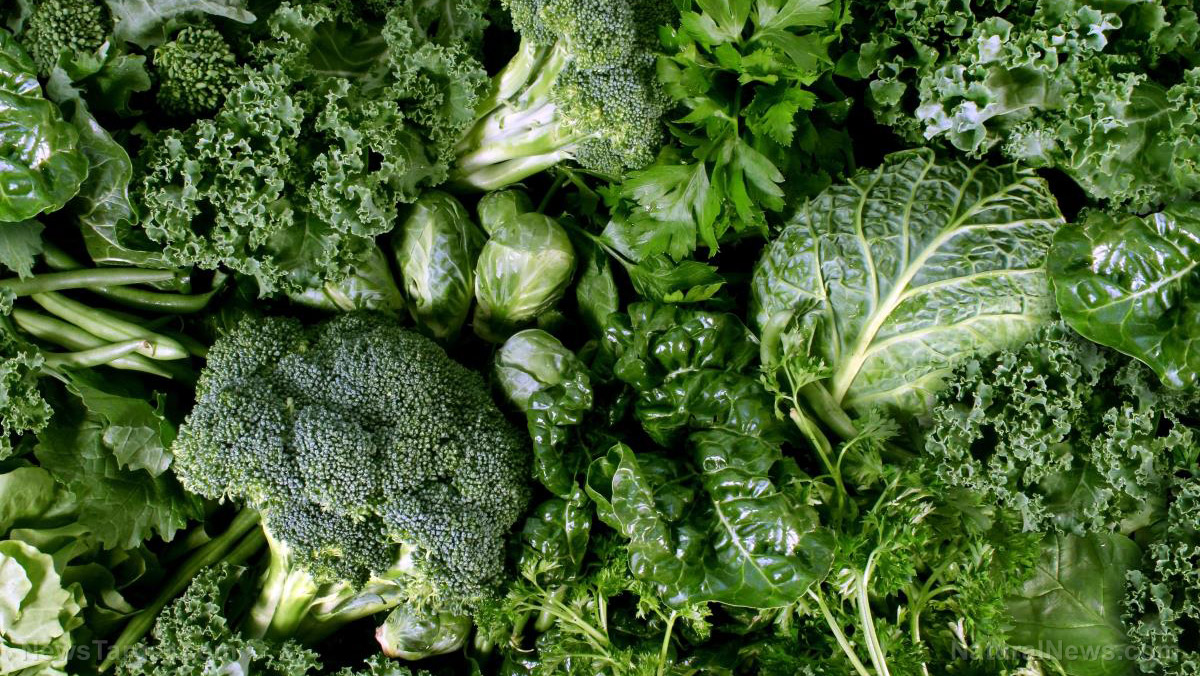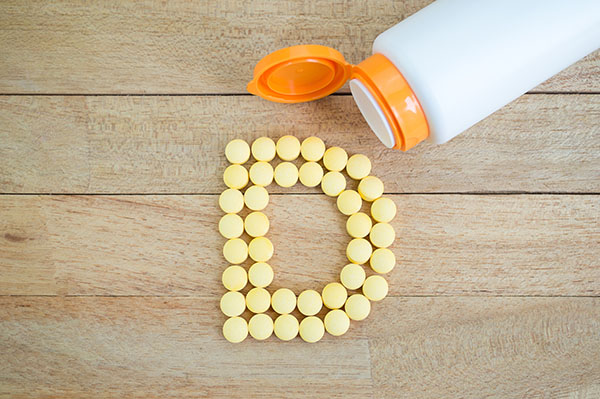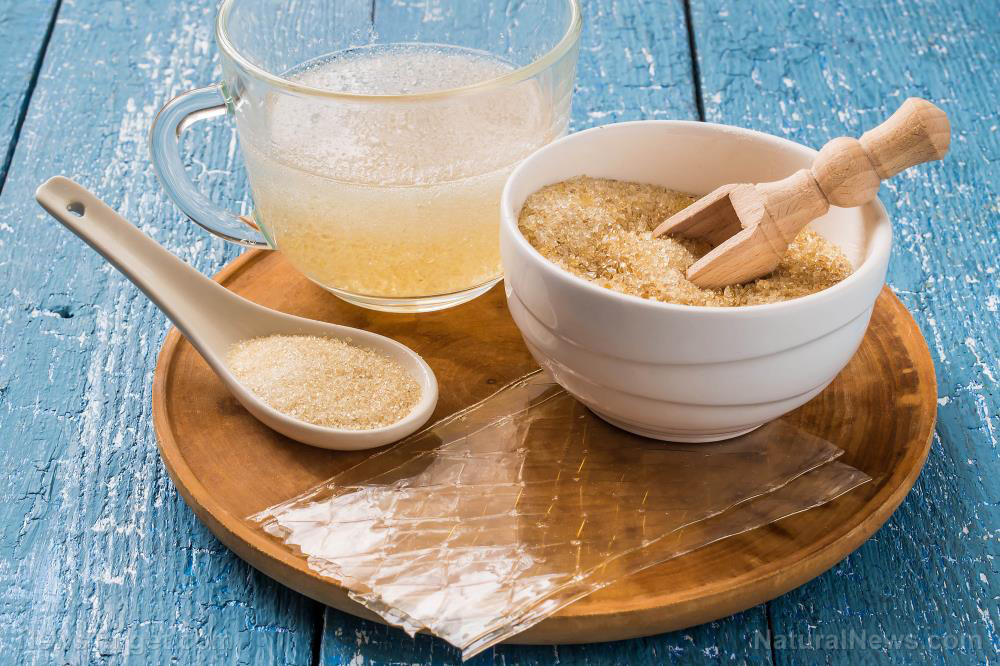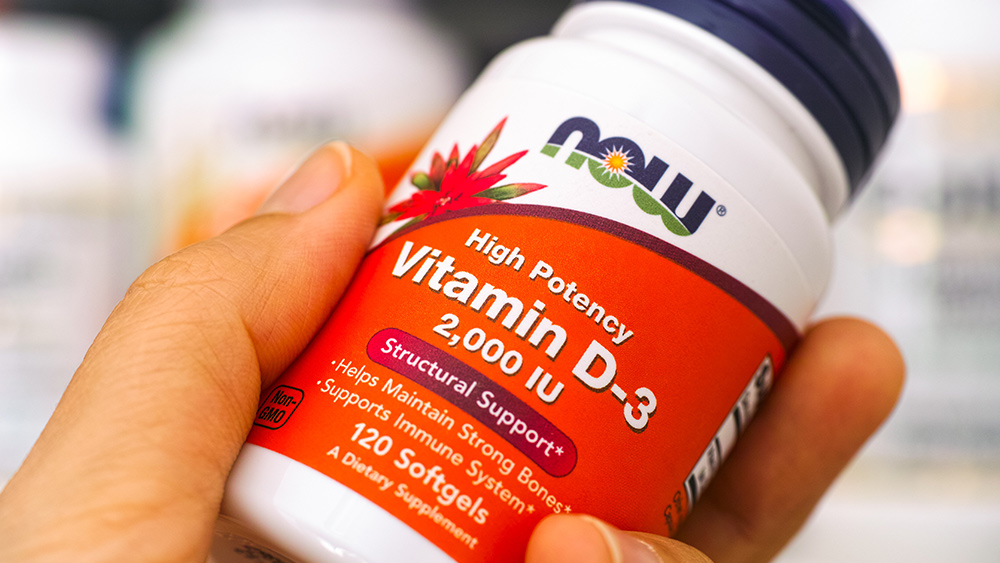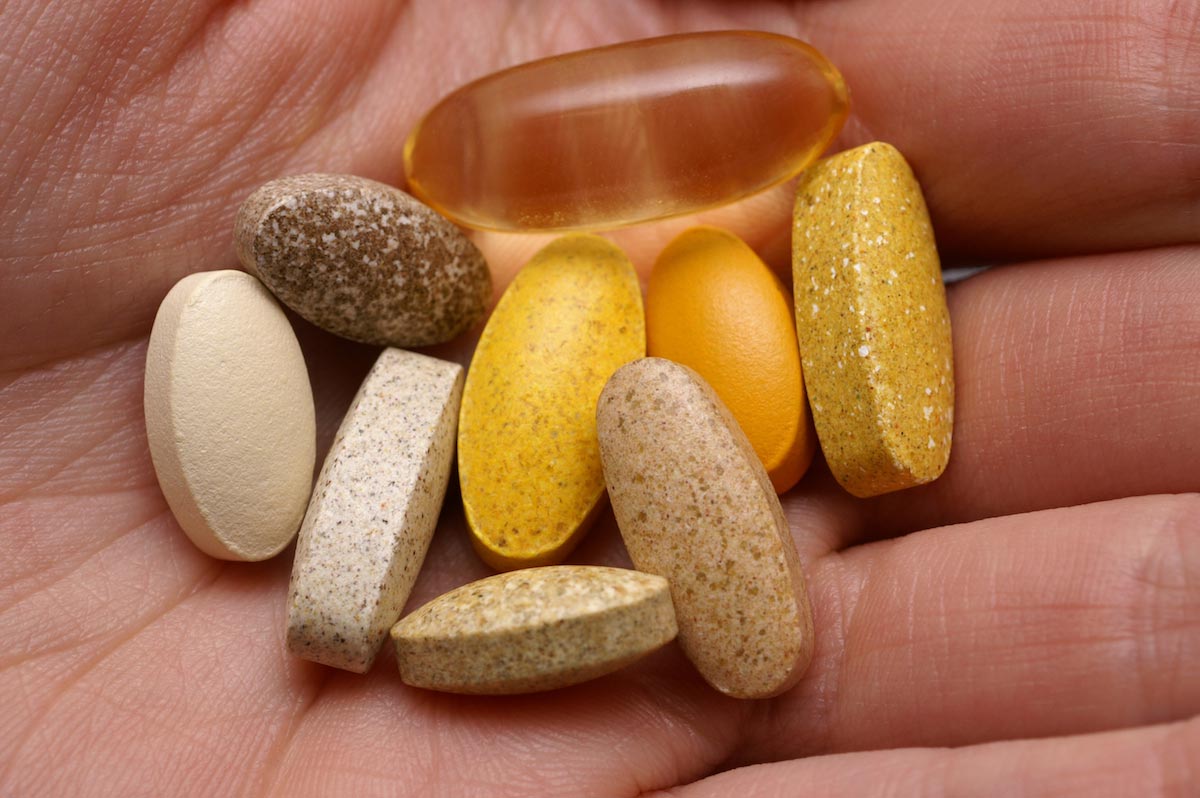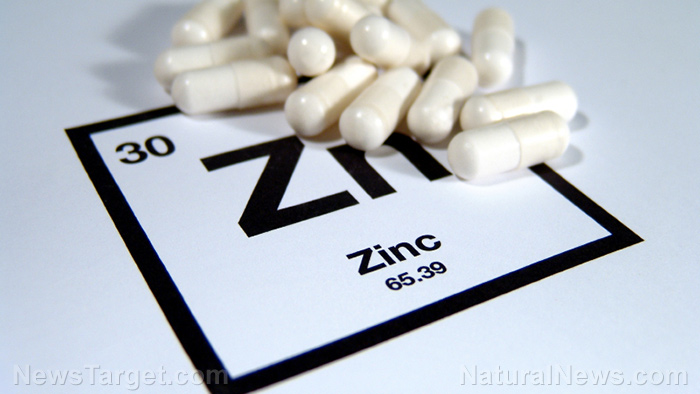The healing gold: 5 Health benefits of supplementing with berberine
12/14/2022 / By Olivia Cook
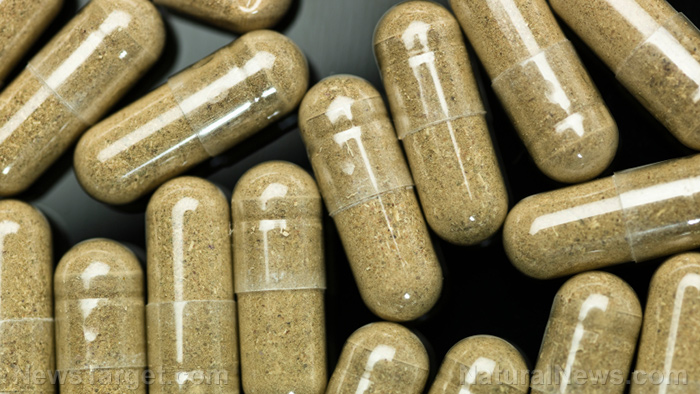
The gold-colored berberine has been used in Traditional Chinese Medicine and Ayurvedic Medicine for more than 2,500 years. It is a natural supplement isolated from the roots, rhizomes and stem bark of many plant species. Berberine belongs to a class of isoquinoline alkaloids, plant compounds with many benefits.
Here are five reasons to take this healing gold every day. (Related: The health benefits of berberine, a staple in Traditional Chinese and Ayurvedic medicine.)
Berberine supports gut health
A study published in Frontiers in Cellular and Infection Microbiology found that berberine supports gut health by helping increase the proportion of good bacteria. The study authors also found that berberine inhibits the growth of certain harmful bacteria found in the gut.
Moreover, the study authors discovered that berberine promotes the proliferation of butyrate-producing bacteria in the gut. The resulting butyrate made by the good bacteria then enters the bloodstream, subsequently reducing lipid and glucose levels in the blood.
Berberine supports cardiovascular health
A study published in Chronic Diseases and Translational Medicine found that berberine supports cardiovascular health by reducing oxidative stress, low-density lipoprotein [and] triglycerides levels. It also found that the healing gold can help regulate blood pressure.
A study published in Theranostics, meanwhile, discovered that berberine can help prevent atherosclerosis. This disease occurs when fatty material accumulates at the inner walls of the arteries. Berberine aided in preventing the development of fatty plaques and helped reduce inflammation.
Berberine helps treat urinary tract infections
According to a study published in Future Journal of Pharmaceutical Sciences, berberine is a very potent treatment against urinary tract infections. It pointed out that the healing gold prevents infections by blocking bacteria such as Escherichia coli and Proteus species from adhering to host cells.
A recent study published in Molecules observed the ability of the leaves and roots of barberry (Berberis vulgaris) against pathogens. B. vulgaris is one of many sources of berberine. The paper found that the extract of B. vulgaris leaves and roots showed antioxidant, antifungal and antibacterial activities against pathogenic gram-positive and gram-negative bacteria.
Berberine helps keep the liver healthy
A randomized clinical trial whose results were published in PLOS One found that berberine helped improve liver enzymes in people diagnosed with non-alcoholic fatty liver disease (NAFLD). The disease is caused by too much fat cells stored in the liver, an organ supposed to break fat down.
The trial saw around 180 participants with NAFLD who were given berberine for 16 weeks. At the end of the trial period, those who were given the healing gold saw their liver fat dwindle by as much as 53 percent.
Berberine naturally uplifts mood
Aside from granting health benefits to the body, berberine has also been known to benefit the mind. A study published in the European Journal of Pharmacology that looked at B. aristata, another source of berberine, zoomed in on this.
The study authors administered berberine to mice, which resulted in an increase in the amounts of “feel-good” chemicals in the brain. They observed a 47 percent increase in serotonin and a 31 percent increase in dopamine in animal subjects.
Head over to SupplementsReport.com for more stories about the wonders of berberine supplements.
Watch this video that discusses berberine’s brain benefits.
This video is from the Holistic Herbalist channel at Brighteon.com.
More related stories:
Berberine is an alkaloid that plays an essential role in metabolic and cardiovascular health.
Investigating the antimicrobial activity of berberine against Staphylococcus aureus.
Berberine – a “multipotent” therapy for reducing risk of Alzheimer’s disease.
The stunning science on berberine brings hope for cancer patients.
Nature’s healing gold – berberine.
Sources include:
Submit a correction >>
Tagged Under:
alternative medicine, antibacterial, berberine, cardiovascular health, gut health, health science, liver health, mental health, Mood booster, natural cures, natural health, natural medicine, phytonutrients, prevention, remedies, serotonin, supplements, urinary tract infections
This article may contain statements that reflect the opinion of the author
RECENT NEWS & ARTICLES
COPYRIGHT © 2017 SUPPLEMENTS REPORT







